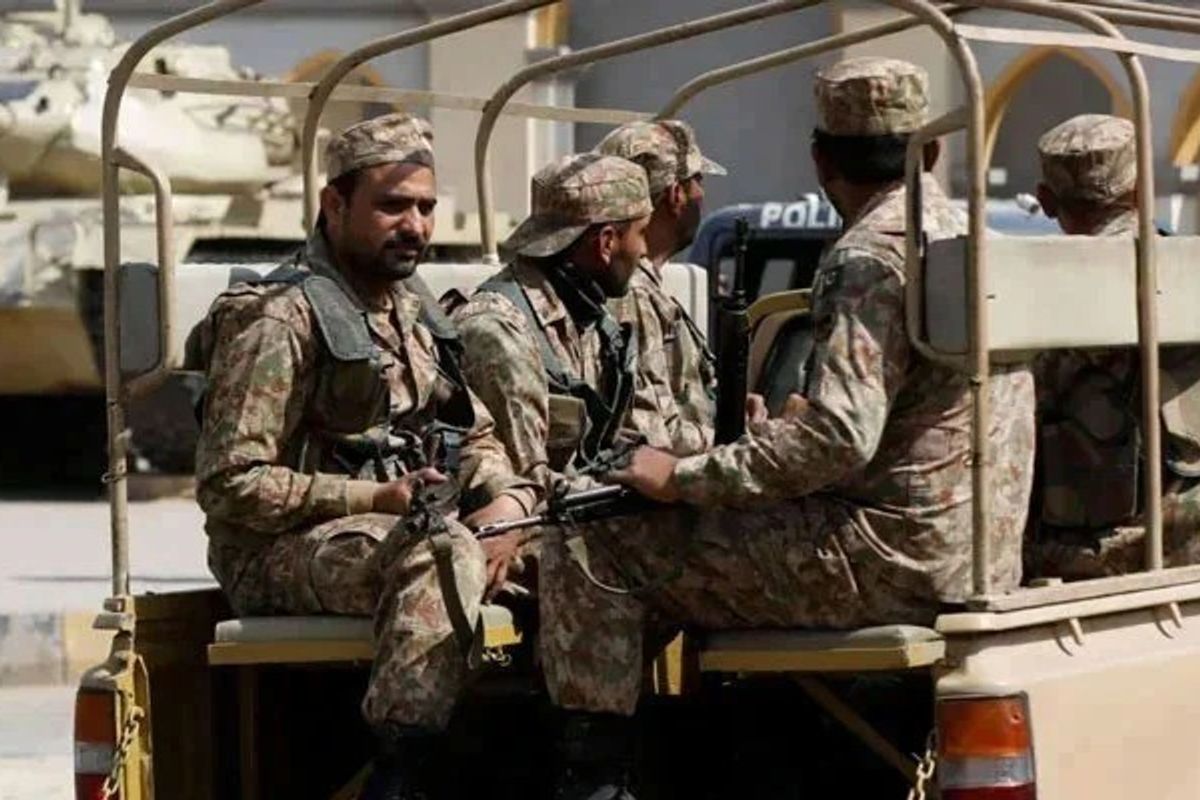Pakistan launches new national intelligence center to combat terrorism
Prime Minister Shehbaz Sharif approves NIFTAC to centralize threat intel and boost counterterror response

Shahzad Raza
Correspondent
Shahzad; a journalist with 12+ years of experience, working in Multi Media. Worked in Field, covered Big Legal Constitutional and Political Events in Pakistan since 2012. Graduate of Islamic University Islamabad.

The Pakistani government has approved the creation of a National Intelligence Fusion and Threat Assessment Center (NIFTAC) in a major move to strengthen the country’s counterterrorism capabilities.
People familiar with the matter told Nukta that Prime Minister Shehbaz Sharif gave the green light for NIFTAC during a high-level meeting. The center is aimed at improving real-time intelligence sharing and coordination among civilian and military agencies.
NIFTAC will be established under the National Counter Terrorism Authority (NACTA), reviving its role in orchestrating a comprehensive response to terrorism threats across the country.
According to officials, NIFTAC will function as a centralized hub for collecting, analyzing and disseminating counterterrorism intelligence. It will allow law enforcement agencies and other departments immediate access to threat information, enabling a faster and more informed response.
The center will also be responsible for developing a national threat model to guide both operational planning and policy decisions.
To ensure effective leadership, a military officer is expected to be appointed as NIFTAC’s first director. Additionally, focal persons from various ministries will be embedded at the center to improve coordination and streamline the flow of intelligence.
Sources said that similar threat assessment units will be set up in all four provinces to form a decentralized but interconnected national network. These units are intended to enhance Pakistan’s ability to respond to terrorist threats at both the federal and provincial levels.
NIFTAC marks a renewed attempt to operationalize inter-agency coordination, following the earlier failure of NACTA’s Joint Intelligence Directorate. That initiative stalled due to disagreements among stakeholders about its scope and authority.
Under its legislative mandate, NACTA is tasked with receiving and integrating intelligence, coordinating among agencies, developing national threat assessments, and advising the federal government on counterterrorism strategies. It is also responsible for formulating action plans, conducting research, engaging with international partners, and recommending legal reforms.
Surge in terrorism
The establishment of NIFTAC comes amid a significant surge in terrorist violence.
According to the Pak Institute for Peace Studies (PIPS), Pakistan recorded 602 terrorist attacks between May 1, 2024, and April 30, 2025.
These attacks involved militant groups, nationalist insurgents, and sectarian outfits, underscoring the complex and multifaceted nature of the threat.
Last year was the deadliest in nearly a decade, the Centre for Research and Security Studies in Islamabad reported, with most attacks occurring near the western border with Afghanistan.
In one of the deadliest incidents this year, the Balochistan Liberation Army hijacked a passenger train in March, resulting in the deaths of dozens of people.
Officials say NIFTAC will help the country transition from a reactive to a proactive counterterrorism posture.










Comments
See what people are discussing